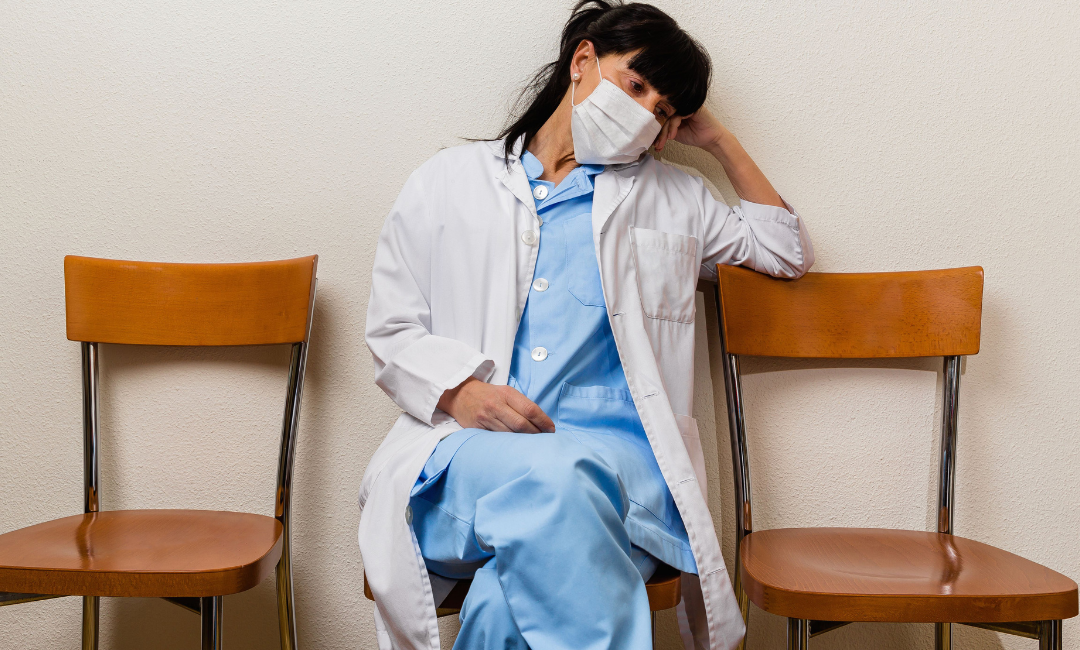Social Media Use Among Teens: Warning Labels and Mental Illness
Social media use among U.S. teens has nearly doubled over the past 10 years, and mental illness has followed suit.
“Adolescents who spend more than three hours a day on social media face double the risk of anxiety and depression symptoms,” wrote Dr. Murthy.
Teens grade 9 to 12 who experienced depression symptoms rose from 28% in 2011 to 42% a decade later. Globally, one in seven children aged 10 to 19 experience depression, anxiety, and behavioral problems among the leading causes of illness and disability.
Social media may even lead to eating disorders.
In a 2022 survey on social media use among teens, 46% of adolescents said social media contributed to their poor body image. This may place them at risk for eating disorders like body dysmorphic disorder, anorexia nervosa, and bulimia nervosa.
Mental illness among youth is considered a health crisis and nurses play a vital role in keeping teens safe.
The Nurse’s Role in Teen Health
While nurses cannot limit a teen’s social media use, they play an influential role in screening and education.
Pediatric nurses are trained to handle various teen health problems, including mental illness. In a 2020 position statement, the American Nurses Association (ANA) identified pediatric nurses as not only care providers, but advocates for adolescent health. This also applies to any nurse who cares for adolescent patients in clinics, urgent cares, hospitals, and other emergency care settings.
The ANA supports proper education for nurses on the complexities of teen health, including the impact of scientific, ethical, and practical issues. Nurses should be able to identify teen health issues related to societal expectations and should take an interdisciplinary approach in caring for this vulnerable population.
Over the years, many organizations and leaders, including Dr. Murthy, have made associations between social media and teen mental health, advocating for change in policy. As care advocators for teen health, nurses’ primary role is to screen for mental illness and educate teens and parents/guardians about the risks of unsupervised social media use.
Identifying teens already impacted is critical. Early identification leads to early treatment. Then, nurses can provide education to reach those not yet affected.









